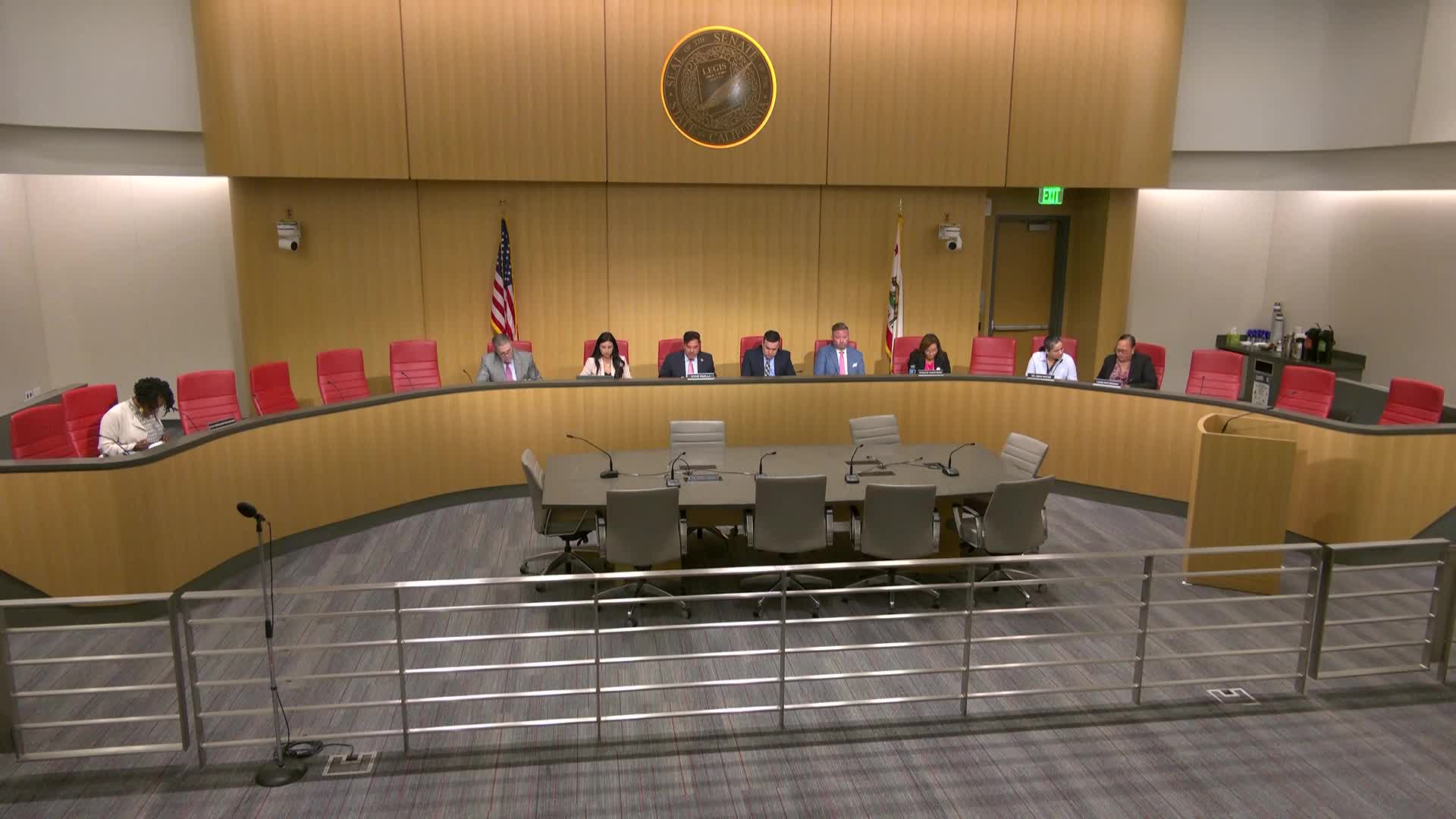Article not found
This article is no longer available. But don't worry—we've gathered other articles that discuss the same topic.
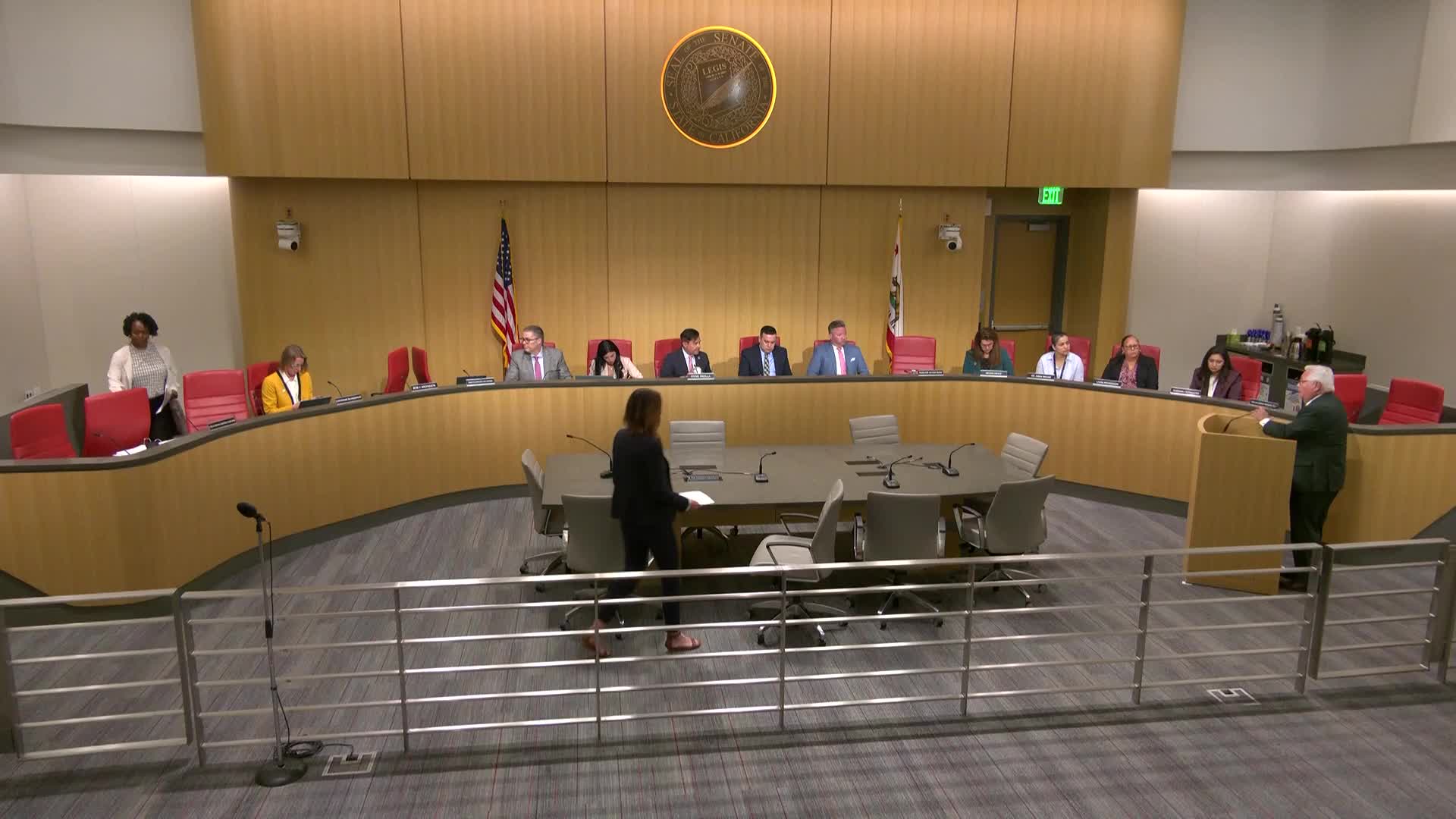
Committee advances bill to ban sale of counterfeit or unsafe lighters that fail ASTM safety standards
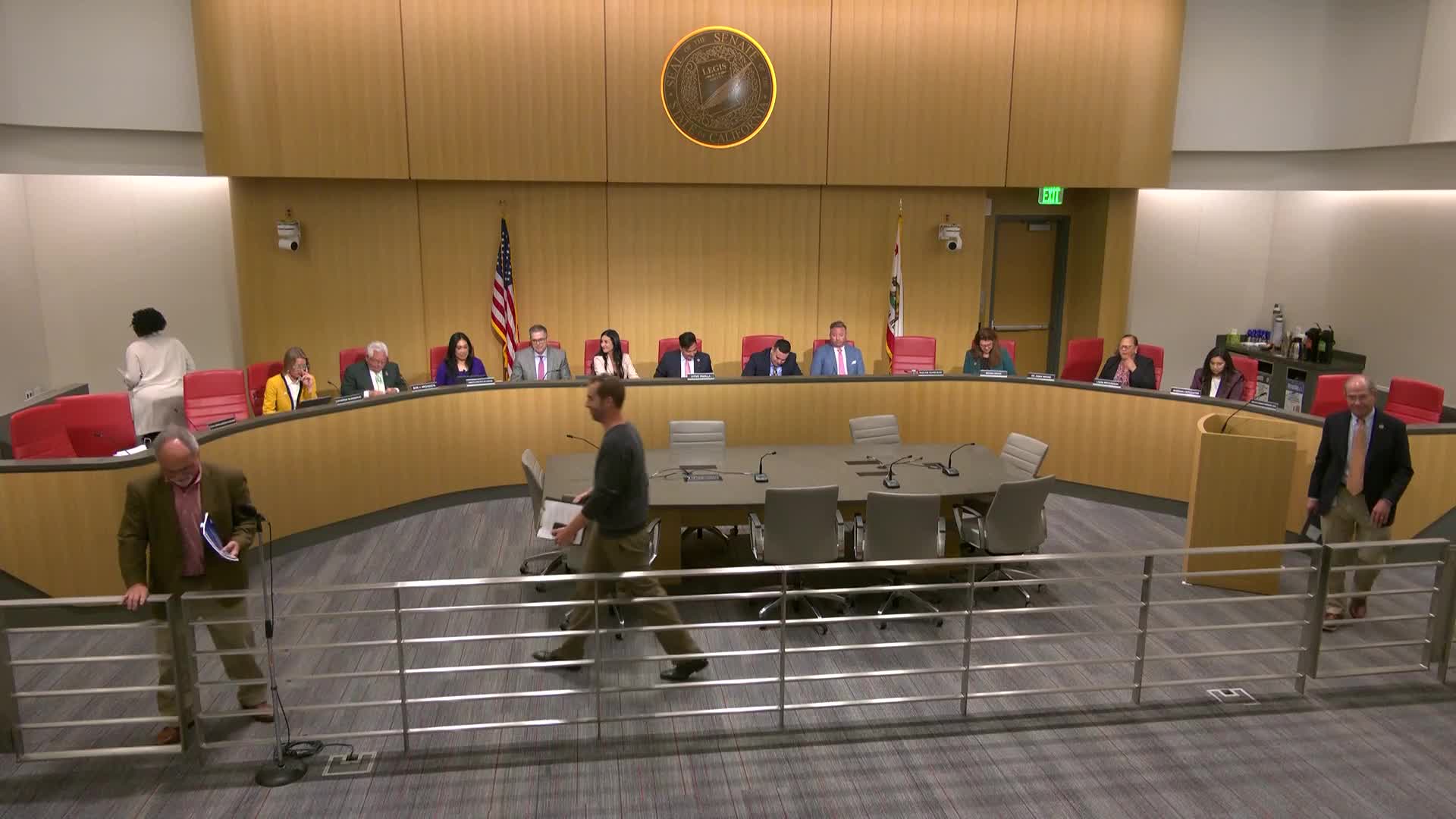
Senate committee advances bill directing UCLA Labor Center to study AI's effects on California jobs and revenues
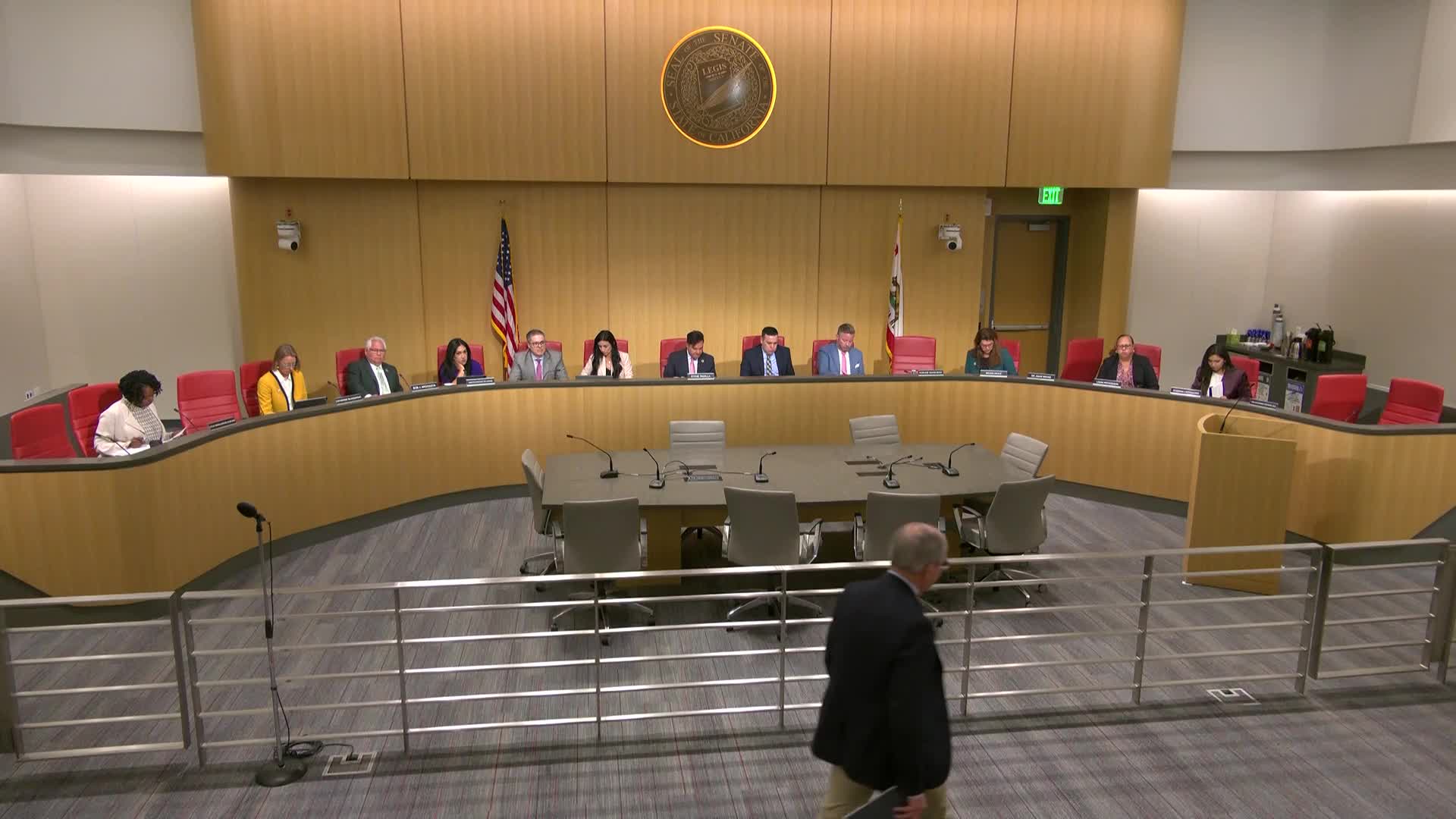
Senate committee approves bill naming the giant garter snake California's state snake
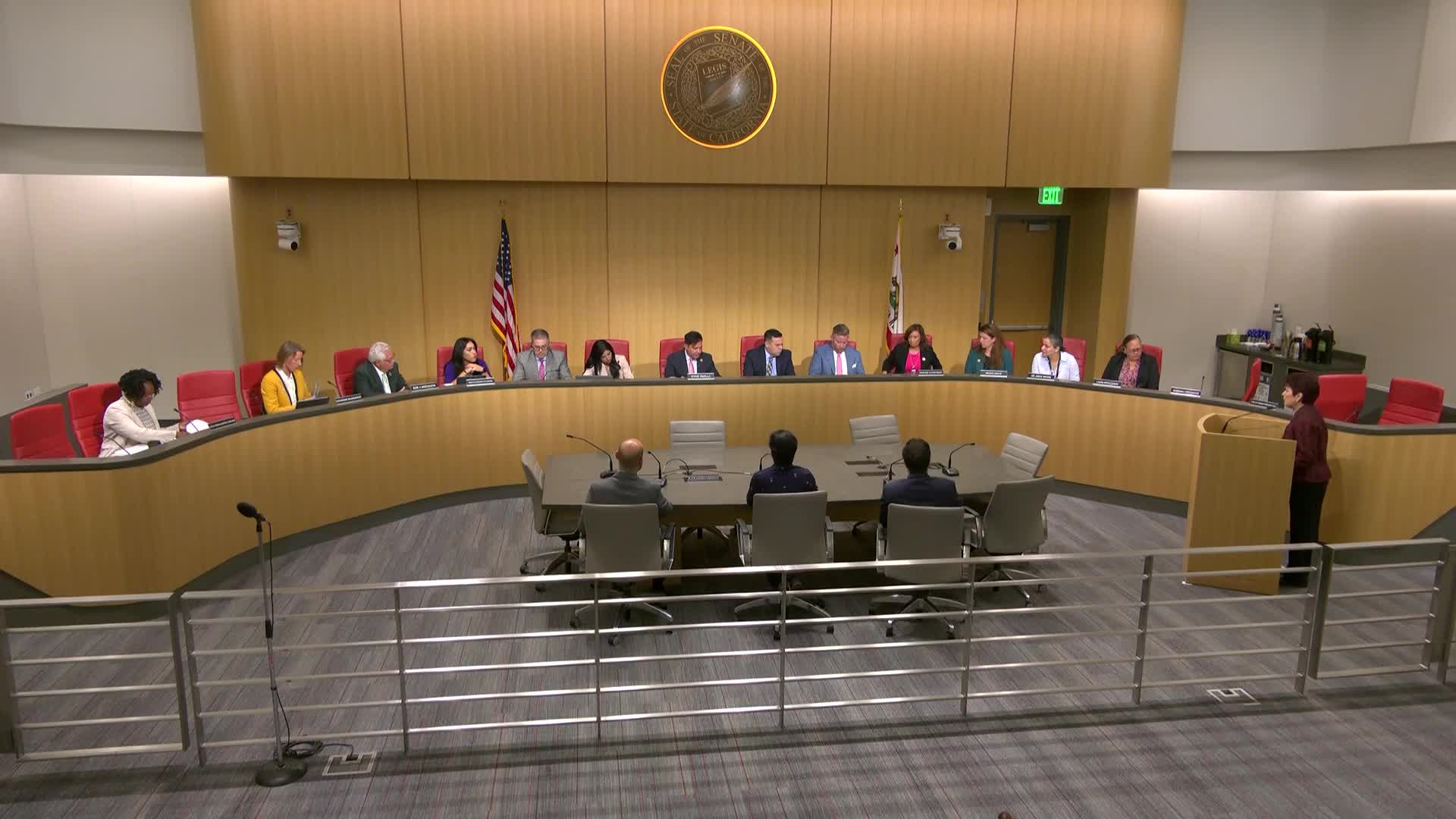
Committee backs bill letting San Francisco create hospitality zone with 20 low-cost liquor licenses
